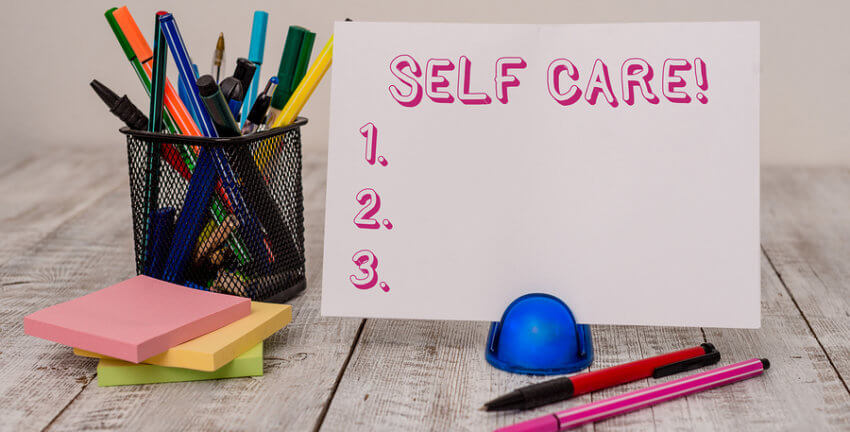The BALM Blog
See all postsHow Be A Loving Mirror® (BALM®) Views Self Care – part 2 of a 2 part series

In BALM®, self-care is an essential piece of family recovery. But is it everything? No.
In principle 5 BALMers are invited to review their own self care through a series of assessments and to create a plan to become greater champions of their own health and well being. This is often so necessary, as many of us found ourselves ignoring yearly exams, putting off important appointments and fun activities, all in the name of being too upset with what was happening with our struggling loved one.
So, we get into BALM®. First, in the first four principles we experience our attitudinal shift, learning that we do have a role to play: we CAN contribute to and have a critical role to play in their early and possibly ongoing recovery.
Then, in principle two, we find out about the gradual nature of change. How both we and our loved one go through a process of moving from denial, through ambivalence into preparation to change and then into action itself, and how each of those stages has an important role in their and our ability to move powerfully into maintaining and sustaining our recovery.
In principle three, we learn about mindfulness, which is a cornerstone of our entire program. We find that the ability to let go of obsessing about our situation and our loved one’s potential fate can be nurtured and grown, and that when we develop the skills to allow our inner wisdom to run us, rather than our inner worry, we will have the energy reserves to be truly helpful in ways that can make a difference. Also, we will be more able to discern when our loved one’s hijacked brain is attempting to manipulate us, and we will be more able to stand up to those attempted manipulations, for our loved one’s good and ours.
Principle Four instructs us that we can be our loved one’s BEST chance at recovery, gives us the tools to advocate for and contribute to their recovery and points us to future skills the program will be teaching us to do so powerfully: staying out of denial and in awareness, stopping enabling and starting to help, using leverage with our loved one’s professionals and setting boundaries if and when needed.
So then, along comes principle five. Notice that it is not a stand alone. It stands on top of a variety of tools and skills designed to increase our ability to contribute directly to our loved one’s recovery, is taught as the BALMer is beginning their 7 steps classes live or by recording, and comes before 7 more principles designed to increase our effectiveness as we partner with our loved ones in recovery.
AND this Wednesday, September 11th @ 9:00 pm ET on the Daily BALM® Evening:
This week we are opening the Daily BALM® Evening to the public:
Click here to register

